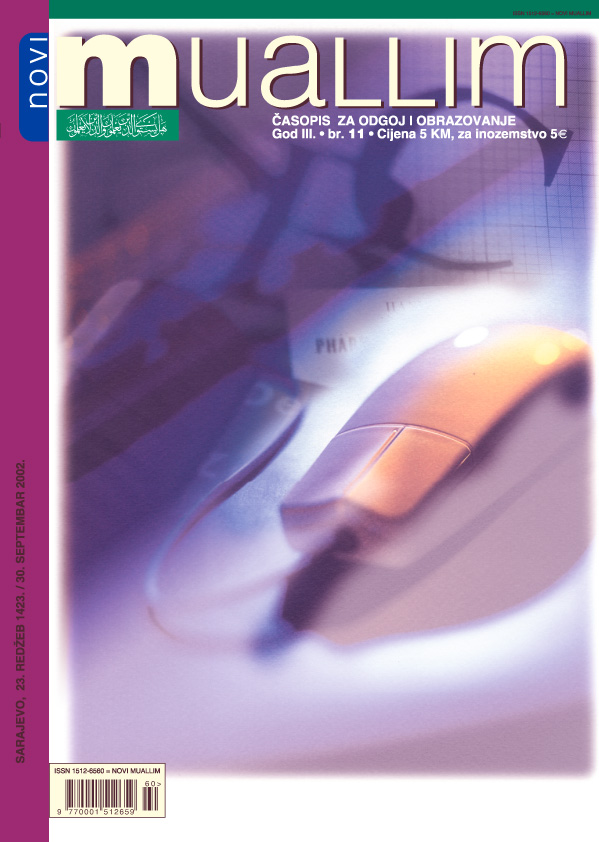MYTHOLOGY OF THE MODERN NATURAL SCIENCE
DOI:
https://doi.org/10.26340/muallim.v3i11.1464Abstract
This paper discusses the mythical content of the scientific construction of the world of nature as established in the 17'h century by Galilei, Bacon, Newton, Descartes, Leibniz and other masters of scientific abstraction modeling. They have determined the existence of the scientific realism in the mechanical character ofthe world ofnature, which, to them was, written in the language of the mathematics. This scientific construction of the world of nature no longer accepted the existence of other type of orders in nature, the nature has been stripped of the old mythical and religious enchantments and was explained in classical theological and philosophical terms. Although rejected by poets, romantics, Goethe and some other thinkers, the idea of objective science has imposed itselfon account ofits prosaic power offunctioning. The natural science negated the complex mysteriousness of the natural world by its simple laws and possibilities of their direct application, and thus occupied a decisive role in the European societies. Even though Galilei, Pascal and Newton believed that, through their works, they were praising the power of God as a Creator and a Ruler of the world of nature, "God had nothing left to do" in the nature which was placed into a complete harmony with itself. The founders ofthe natural science in the 1711' century did not resolve the issue of whether their science is, indeed, a universal science about the Universe, or a doctrine of the new enchantment ofthe world. Their answers became the foundation for the man's master-like altitude towards the nature, but they also became the contents of the mythological assignment and the new enigma for the thinkers to come.
Downloads
Published
How to Cite
Issue
Section
License
Naknada:
a. Časopis ne naplaćuje naknadu za obradu članaka (APC) i naknadu za podnošenje članaka.
Autori koji objavljuju u ovom časopisu pristaju na sljedeće uvijete:
- Autori zadržavaju autorska prava i pružaju časopisu pravo prvog objavljivanja, pri čemu će rad jednu godinu po objavljivanju biti podložan licenci Creative Commons imenovanje koja omogućuje drugima da dijele rad uz uvijet navođenja autorstva i izvornog objavljivanja u ovom časopisu.
- Autori mogu izraditi zasebne, ugovorne aranžmane za ne-ekskluzivnu distribuciju rada objavljenog u časopisu (npr. postavljanje u institucionalni repozitorij ili objavljivanje u knjizi), uz navođenje da je rad izvorno objavljen u ovom časopisu.


